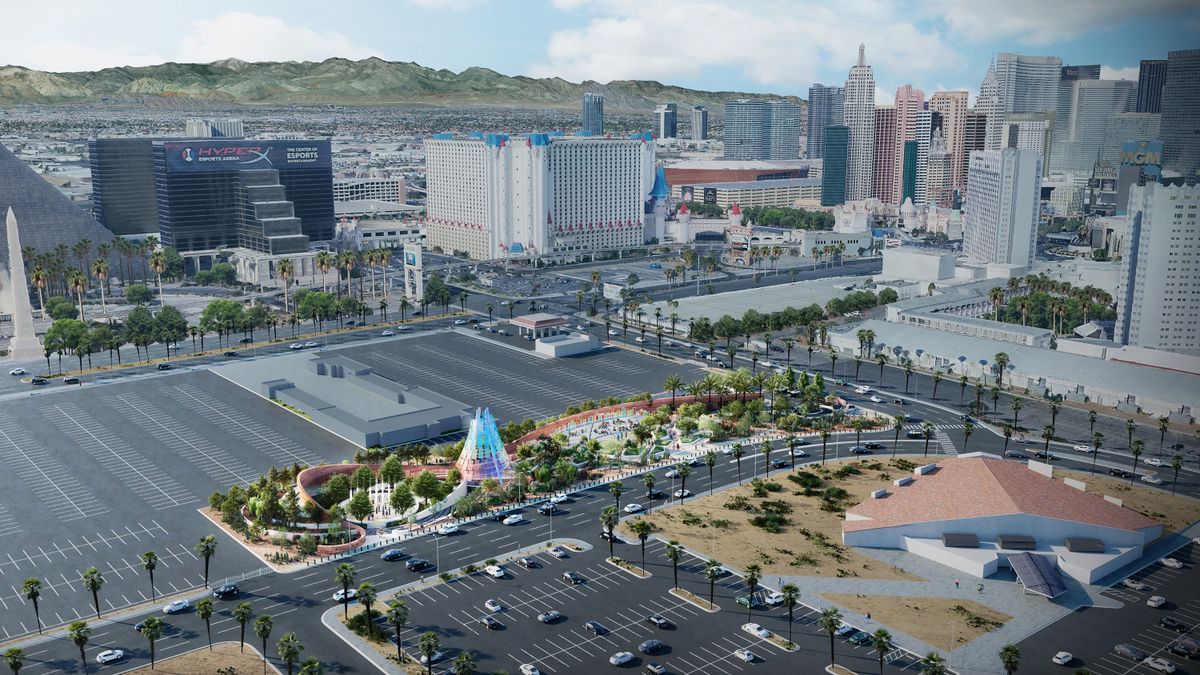Las Vegas shooting survivors still feel repercussions, study says

Route 91 Harvest festival survivors continued to struggle with mental health ailments years after the Oct. 1, 2017, mass shooting on the Strip, according to a Boston University-led study released Tuesday.
A gunman perched in a hotel room shot hundreds of festival attendees, killing 58 of them the night of the deadliest mass shooting in modern U.S. history. Two shooting victims died as a result of their wounds in the subsequent years.
More than 800 people were injured that night.
The study was conducted by Boston University’s School of Health and the Medical University of South Carolina, and published in the JAMA Network Open medical journal.
In 2021, a research team led by medical scholars Mohammed Abba-Aji and Dean Kilpatrick surveyed 177 witnesses and shooting survivors eligible to receive services at the Vegas Strong Resilience Center, now renamed the Resiliency and Justice Center.
Survivors included loved ones of people physically injured or killed, according to a news release about the study.
About half of the respondents said they “experienced major depressive episodes” within that year of the survey, and more than 60 percent reported suffering post-traumatic stress disorder, it said.
About one-third of survey participants reported being injured in the shooting, and about half of the 177 people said “they had received little social support from family and friends during the six months prior to the survey,” the release said.
“Our findings reveal the long-lasting impact of gun violence on witnesses and survivors, with many still grappling with severe mental health issues years after the Las Vegas shooting,” Abba-Aji wrote in the news release. “This underscores the unique and ongoing challenge America faces with mass violence and its aftermath.”
Higher PTSD risk
Abba-Aji, a research fellow in the university’s epidemiology department, added that the crisis “calls for a national response to not only address but to also prevent the enduring trauma inflicted on our communities.”
Injured festival attendees had a 30 percent higher risk of experiencing post-traumatic stress disorder, according to the release.
The figure increased to 50 percent for people who did not receive adequate support, the release said.
“The fact that such a high percentage of these mass violence victims still had PTSD and depression four years later is disturbing and demonstrates a continuing need for effective, trauma-informed mental health services,” wrote Kilpatrick, a professor at the Medical School of South Carolina.
Kilpatrick called for “larger studies with longer follow-up.”
Dr. Angie Moreland, who is co-director of the National Mass Violence Center at the Medical University of South Carolina, co-authored the study.
“The results of this study highlight the importance of work we are doing at NMVC to help communities prepare for mass violence incidents and make sure victims and survivors have access to first-rate information and services when mass violence happens,” Moreland wrote in the release.
Memorial project
Meanwhile, Clark County commissioners on Tuesday designated a nonprofit to oversee the efforts to construct a permanent memorial to the victims.
Commissioners approved the transfer of more than $140,000 in donations collected by the 1 October Memorial Fund to the Vegas Strong Fund.
“The next big step in this process is to raise money to build the project, and we believe the Vegas Strong Fund is the right nonprofit group to help us create a world-class memorial that honors all those affected by the events of 1 October and celebrates the resiliency of our community,” Commissioner Jim Gibson wrote in a statement.
JCJ Architecture conceptualized the memorial with input from shooting survivors, families of victims and the community.
It will be built on 2 acres near the shooting site and include a plaza, a tower of light and 58 candlelike structures to represent the victims who died in the immediate aftermath, according to county officials.